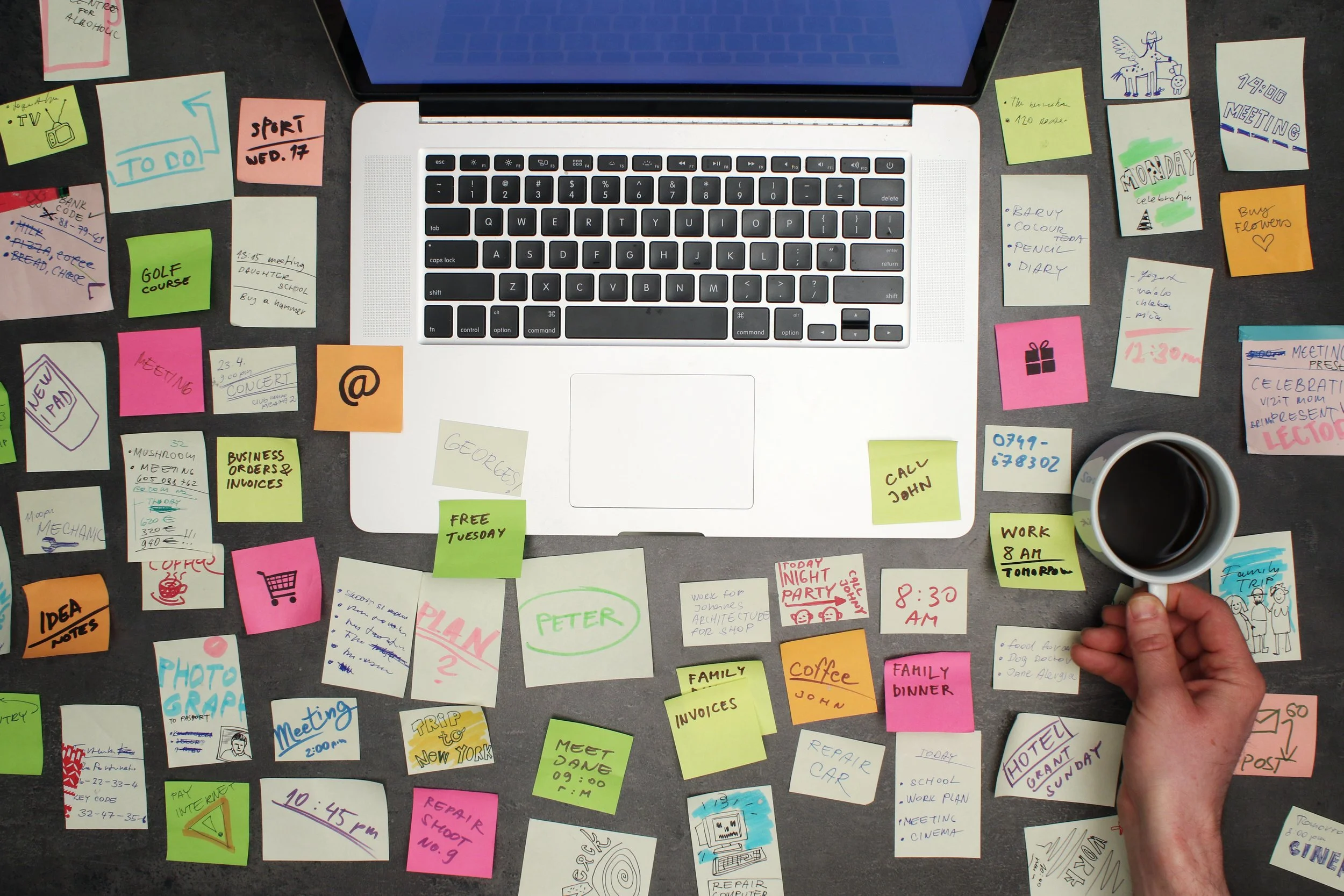I am a hypocrite.
I tell the kids in my life to embrace their inner weirdo. We’re all weird in some way, right? It helps inoculate them from bullies and understand that the ways they are different from their peers can be beautiful.
I believe that. On so many levels. I have not lived a “normal” life, so I have never striven to be “normal”. I have, however, striven to appear normal. Like dumping all your laundry in the closet before guests come over.
Because what is normal?
It’s what you perceive what everyone around you is. It’s mostly a lie – unless you are intimately acquainted, no one is going to show you their messy -- physical, psychological, or emotional.
Someone asked me recently what my support system looked like. I admitted that I am not a joiner. I am not a member of any online support groups. Or in-person support groups for that matter. I know a couple of other people with diabetes, but we don’t socialize outside our mutual organizations. And while it is nice to speak with people who understand what’s difficult without being told, I have always been one to figure things out on my own. That means research, poking around until I figure it out, and making educated guesses until I know whether I’m right or wrong. And, when I come up against a question I can’t find the answer for, I go straight to my clinicians. I don’t socialize with them, either. Well, with the exception of that one endocrinologist who isn’t my treating physician anymore.
The odd thing is despite all of that, my support system is strong. My family, both biological and chosen, catches me when I need it and nurtures me, all of me. They know me so well, they can figure out how my life is going by the words I choose. But I don’t want them to know everything. I don’t want them to ask. So, I don’t tell them about all my conditions and what I go through every day. I always felt like, if I did that, there would be no time or room for anything else.
It’s not that I don’t share at all. If something is particularly scary or requires a decision I need to talk over or is going to affect an activity, I will share just enough to deal with it. But there is more to me, too. I don’t want my support system to be all about that. I can handle that. My support system functions as my life preserver. They pull me out of drowning in that so I can remember I am more. I want to have conversations about sports and work and current events and families, conversations everybody else has.
I am not hiding my messy per se. Believe me, I am messy in many more areas of life than just my conditions. It’s a miracle my almost 19-year-old car doesn’t leave parts behind as I drive. Mostly because the parts end up in my cupholder (don’t ask). And I have been told I shouldn’t be allowed to have electricity in my kitchen (don’t ask about that either). This is the kind of messy I perceive as normal. This kind of messy at least has the potential to happen to anyone. It’s normal.
Then there’s the medical messy that can bring any conversation to a screeching halt with the emotional, physical, monetary, and logistical burden I have that comes with all this *gestures from head to toe*. That’s all mine.

